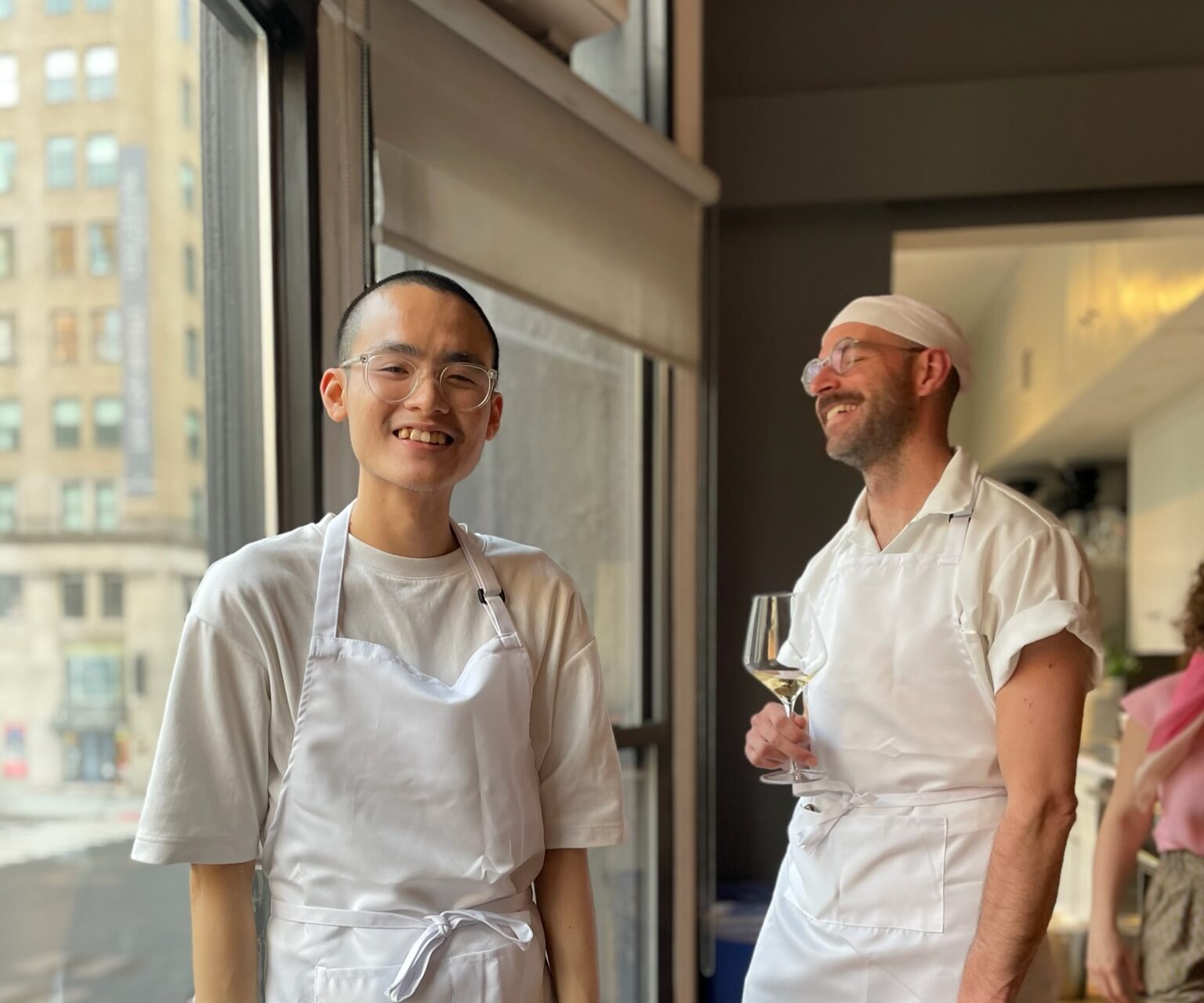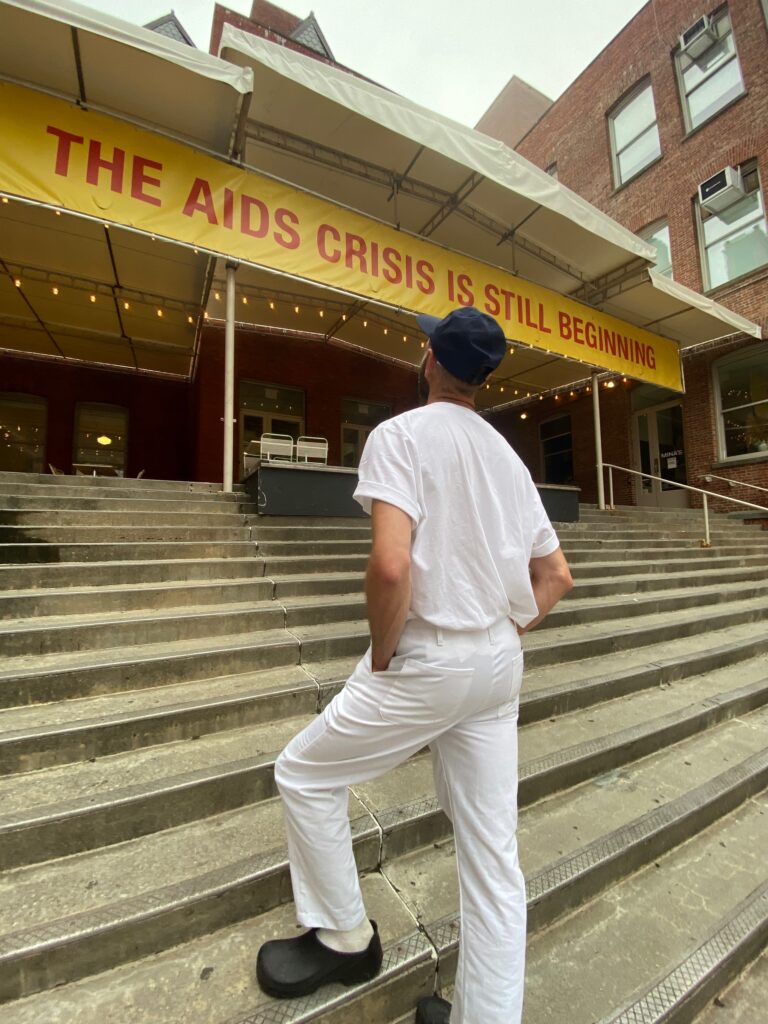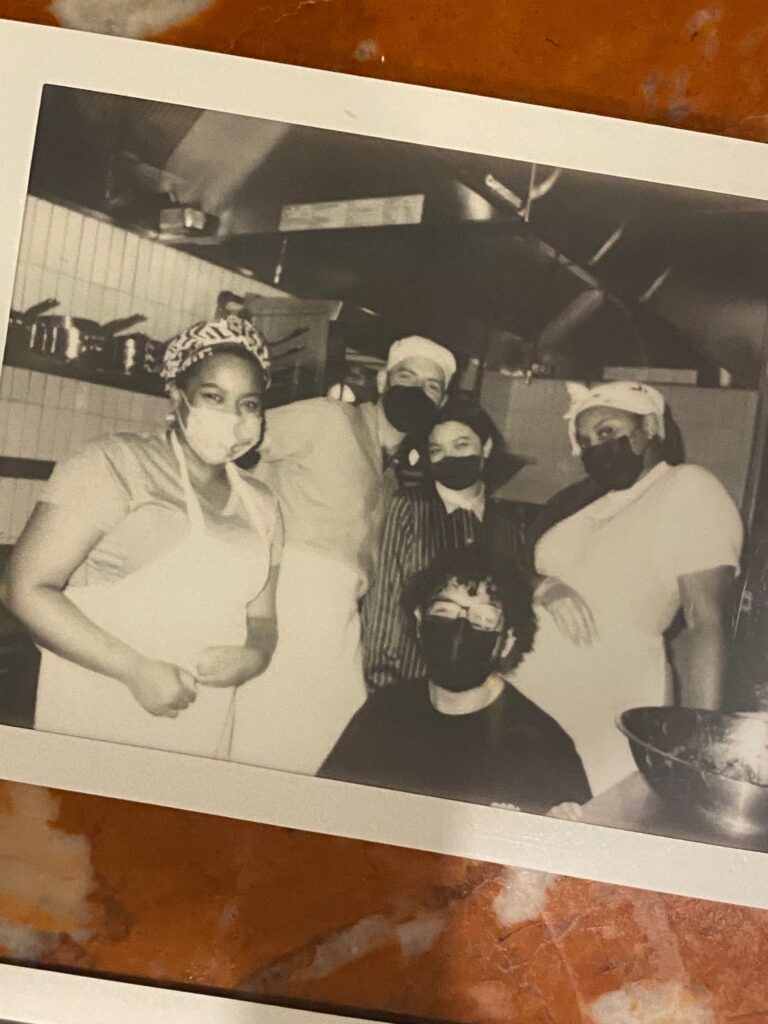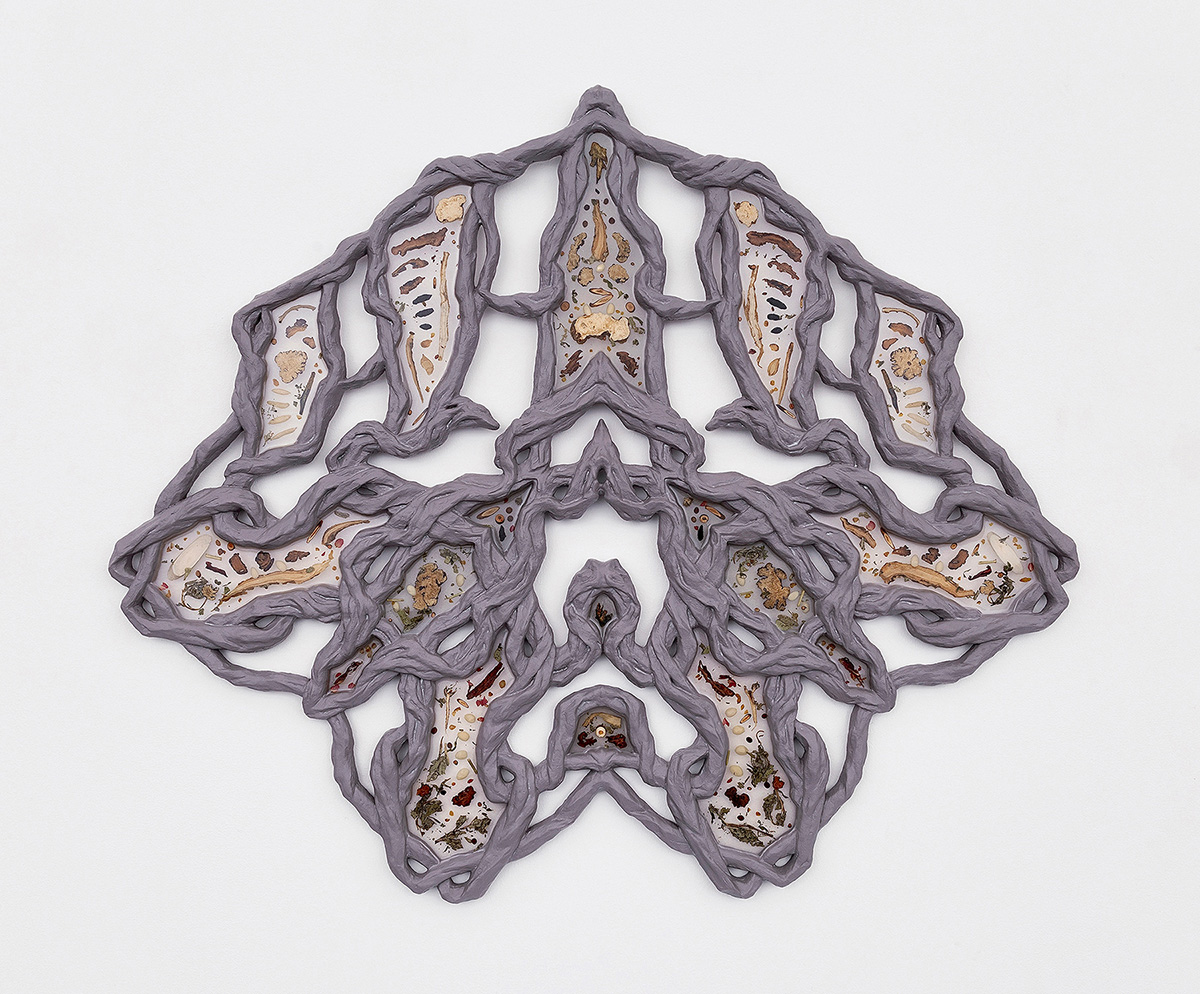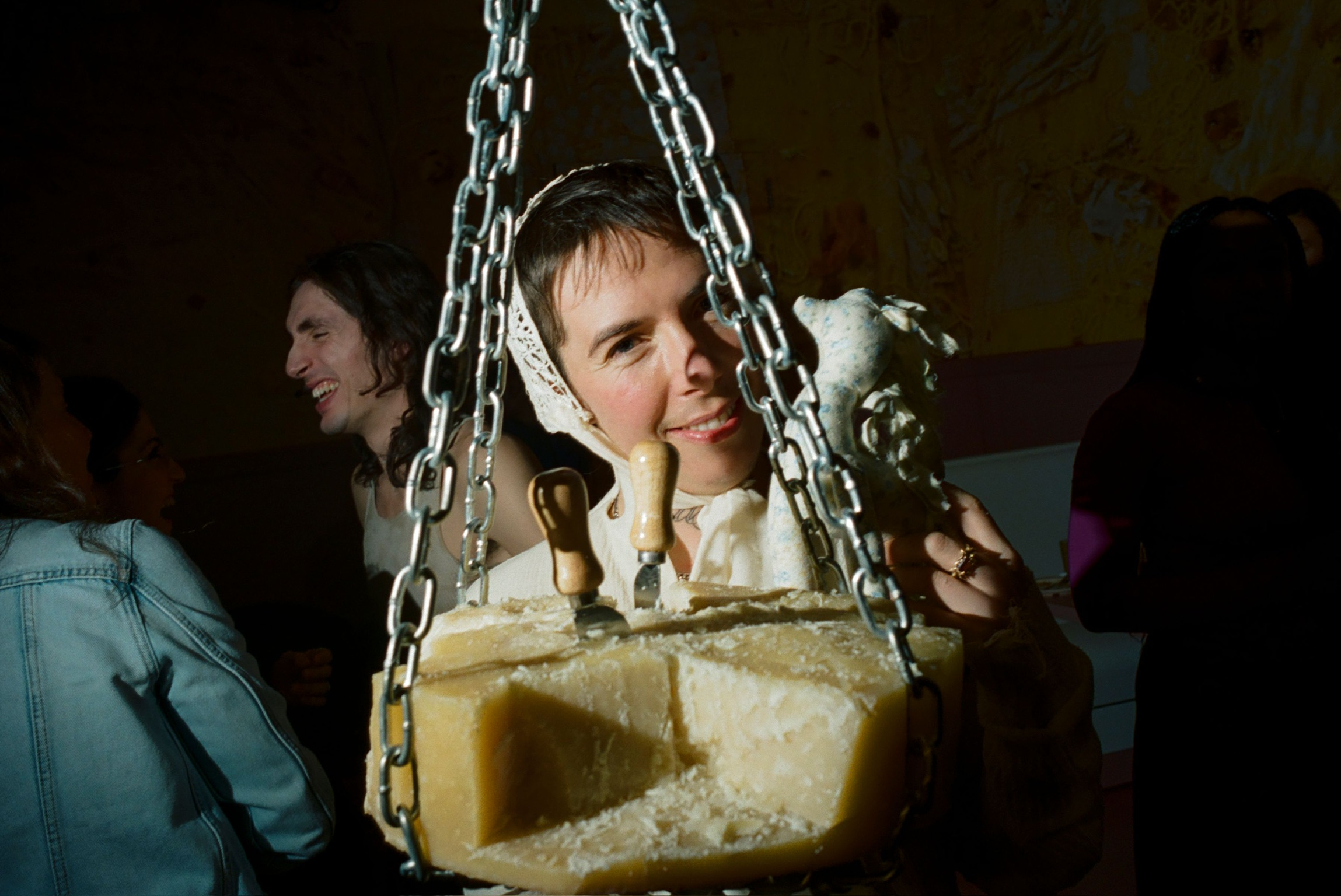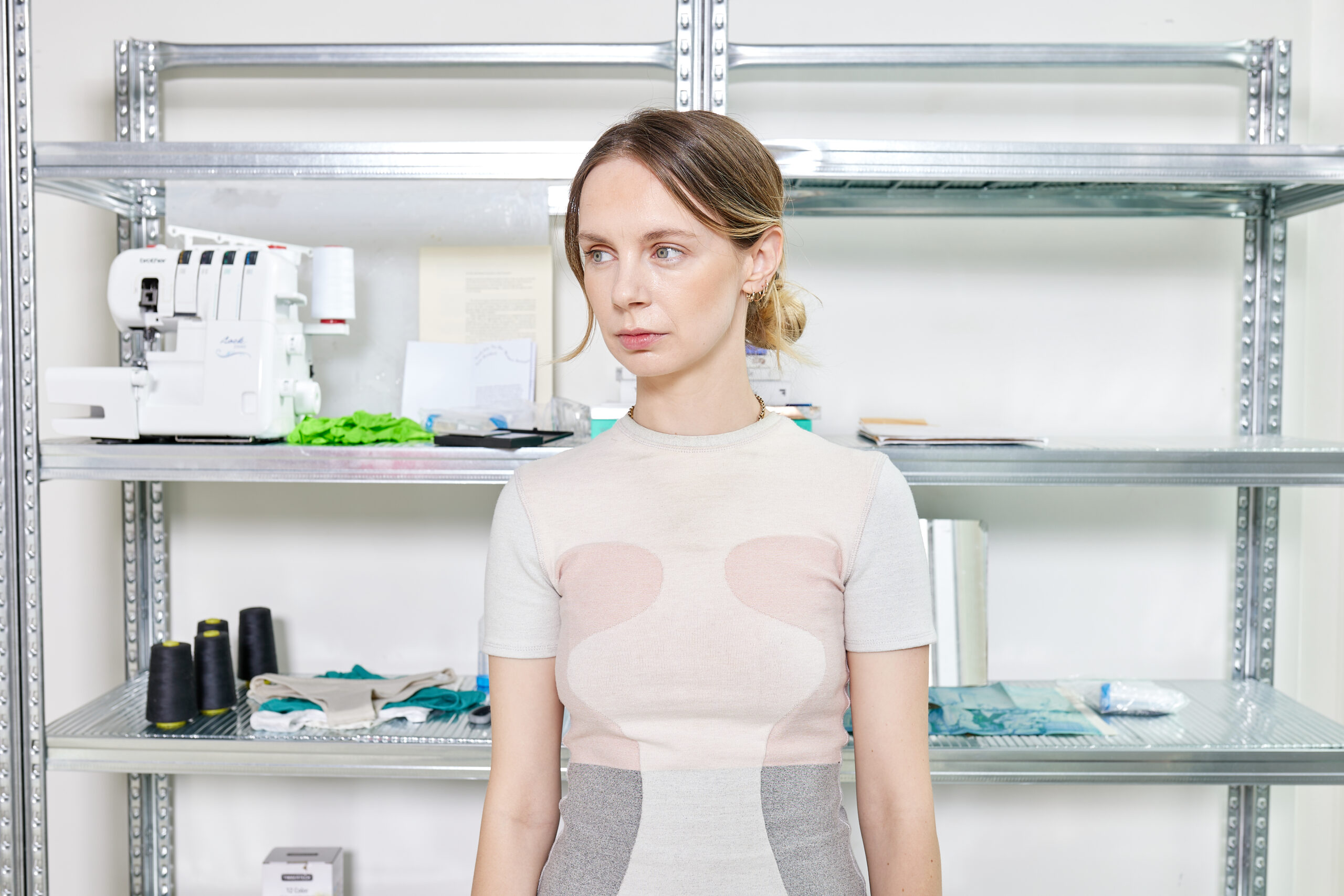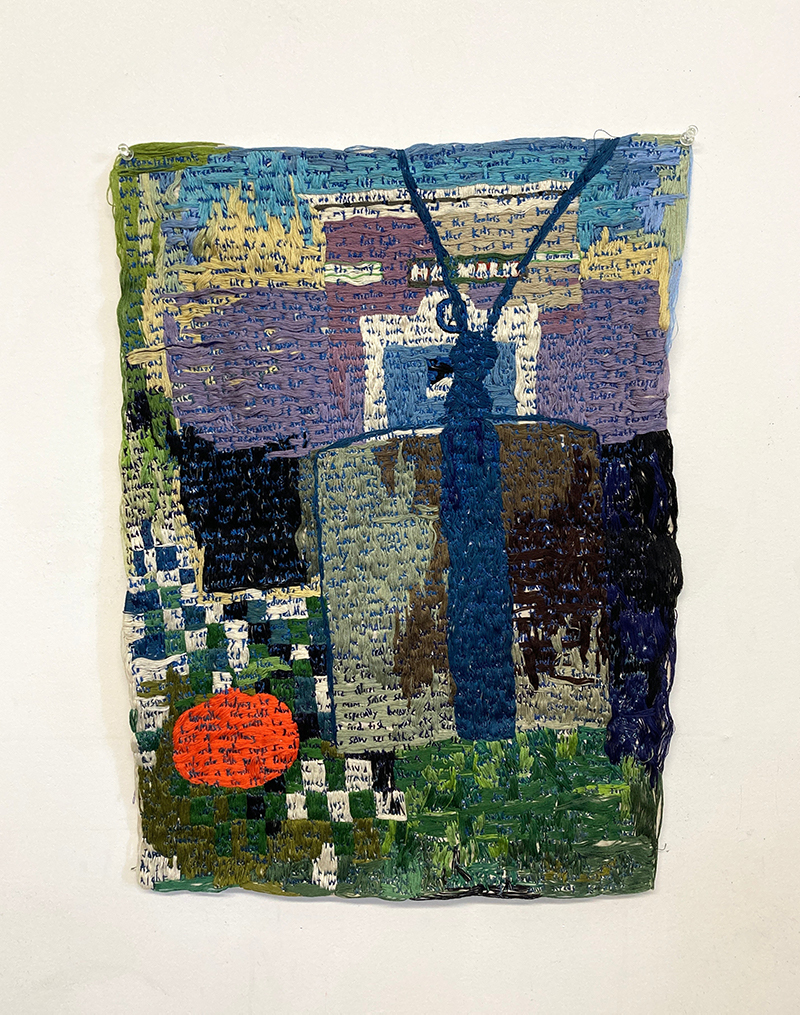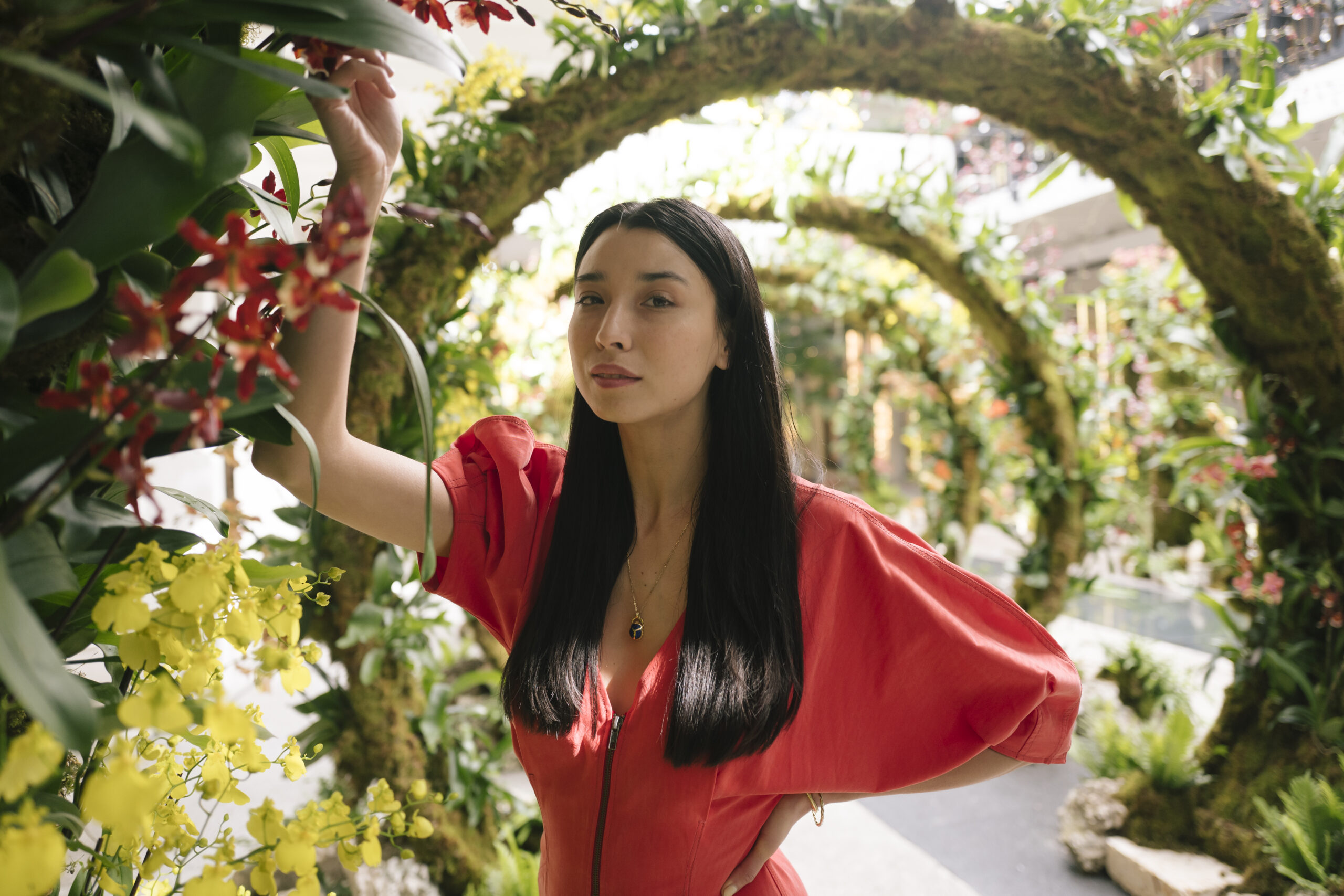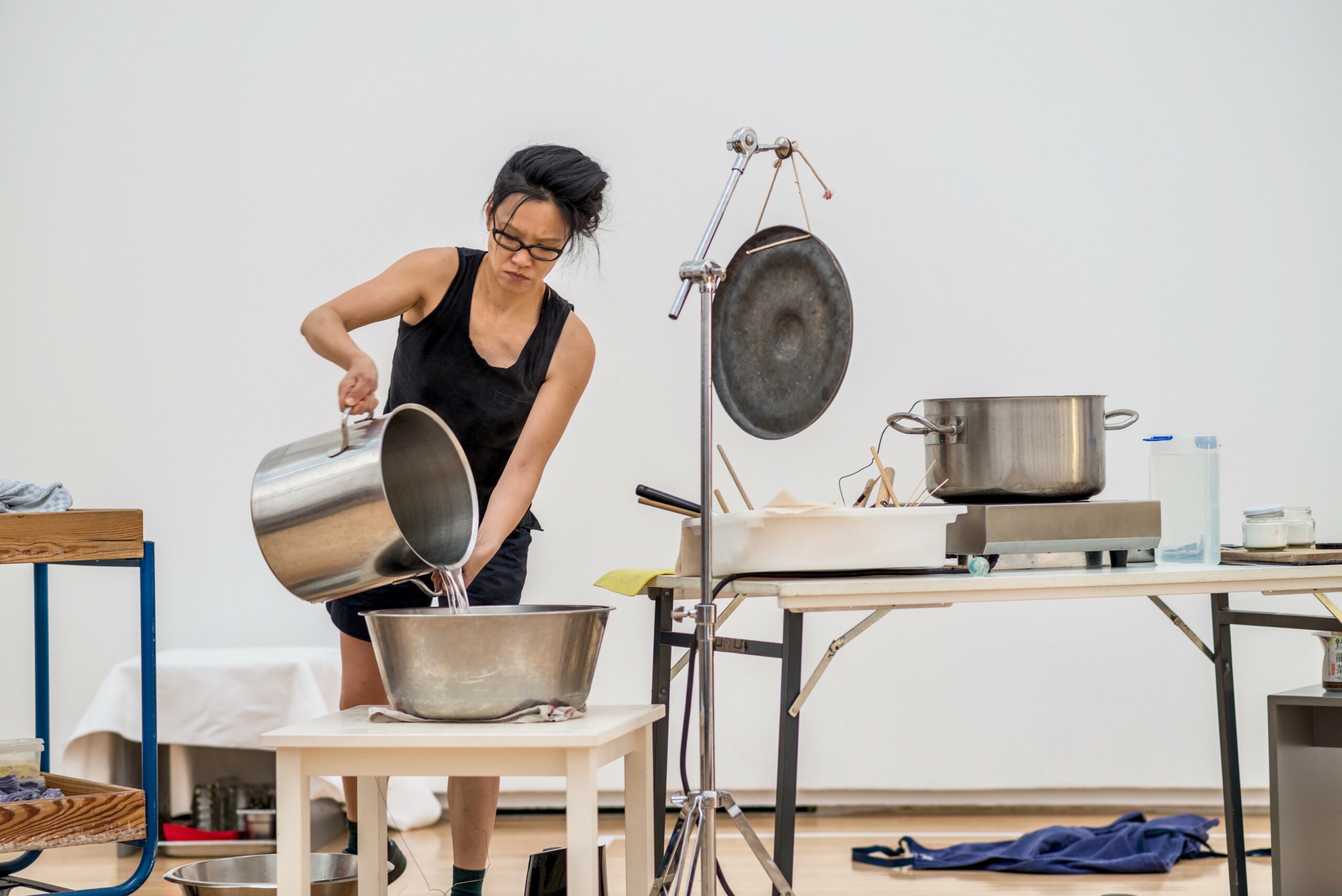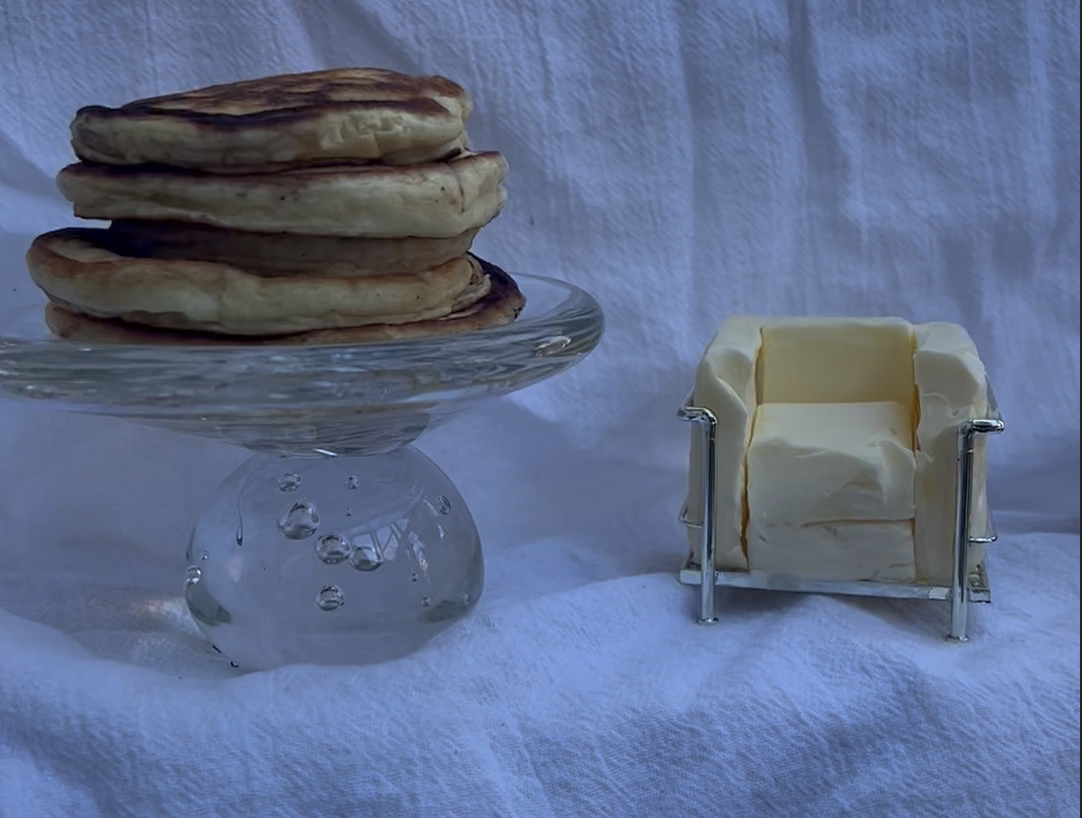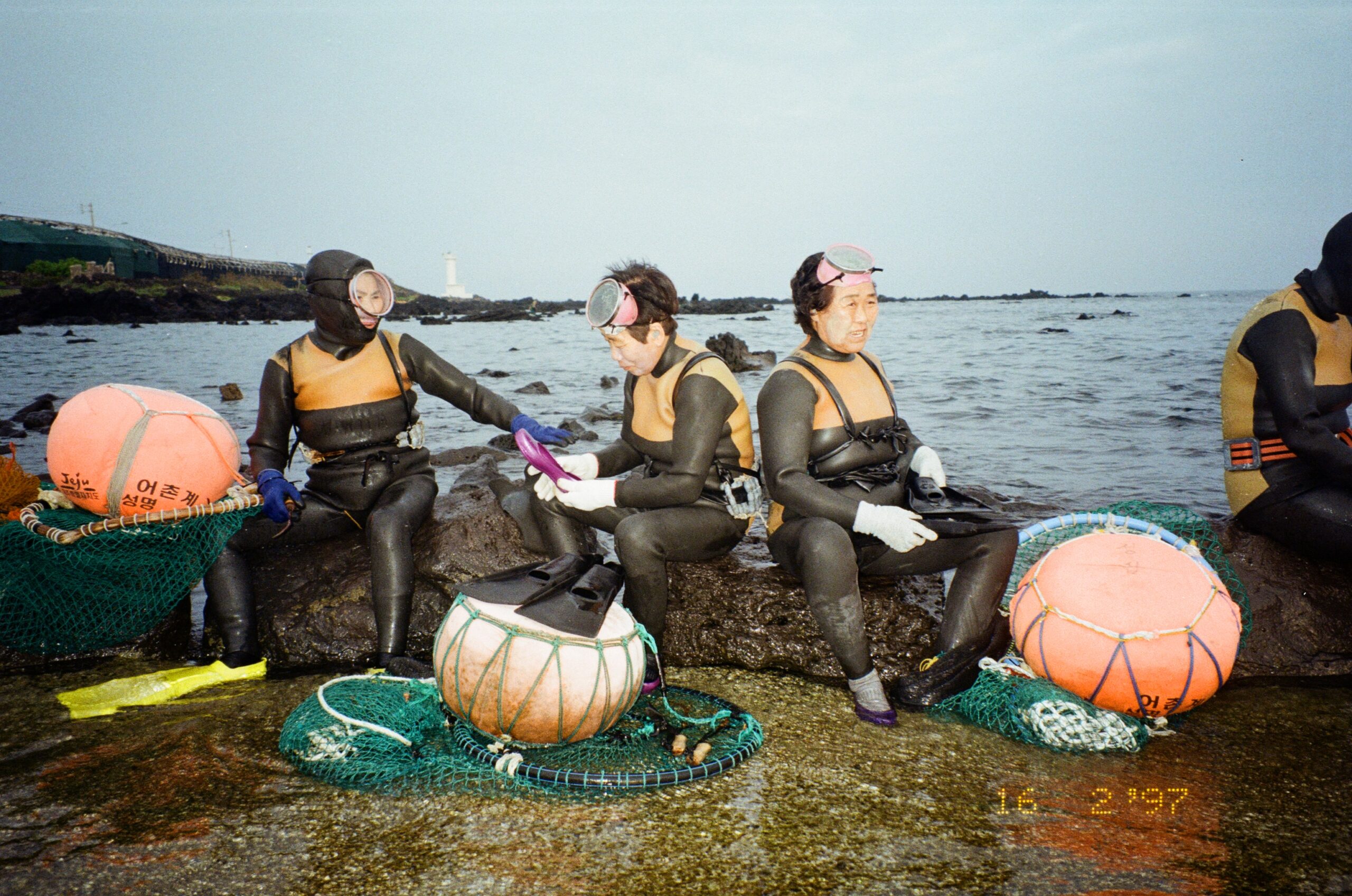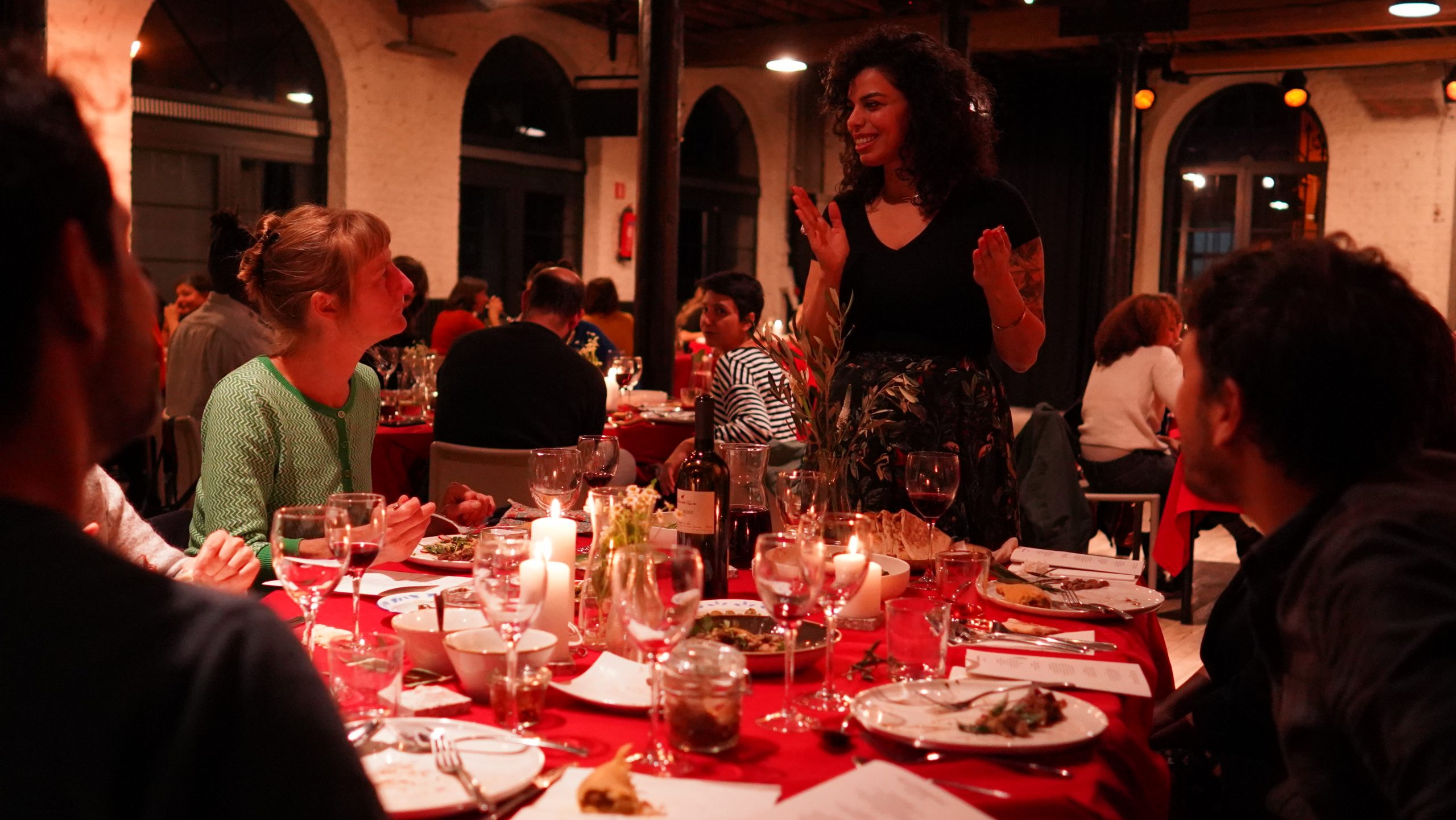Methods & Provisions is a series documenting the memories, rituals and soundtracks of people who love food.
A prolific chef, art director and organizer, Zacariás Gonzales is the driving force of several Brooklyn-based projects experimenting with how food can be used to reinforce community. Their creative studio, ediciones, serves as a home for initiatives such as Auxilio, an intersectional, community-based, food space, Warm Cake, a biannual queer food publication, and AMIGXS, a burgeoning wine cooperative. In this conversation, we discuss building platforms for abundance, cultivating spaces for underrepresented queer communities and the importance of finding rest amidst it all.
Isabel Ling:
What propelled you to found ediciones?
Zacariás Gonzales:
A roundabout career perhaps is the easiest answer. In 2015 I left work at a creative agency and pivoted back into consulting for nonprofits and in food and wine. I felt such a freedom from this energy shift that came with the opportunity to reconnect as well as recenter my passions around food.. This meant sharing food, meals, and cooking with others. Not in some romanticized restaurant way, but more in sharing in those spaces with other people specifically queer people motivated me.
The idea for ediciones came about in 2018, although it took me until 2020 to settle on a name that felt right. At that time, I had been consulting and freelancing for myself for three years full time and had held this idea that I would eventually create my own creative studio or agency. I started conceptualizing what a creative studio would look like if it used my previous background [in food, art, fashion, and media] to focus solely on food, wine, and social issues as opposed to luxury brands and lifestyle media projects.
In that same moment in life, I personally went through some intense health issues. I’d been HIV+ undetectable for three years and my medication in between my six-month checkups at this point became resistant and I ended up hospitalized. My CD4 plummeted—I got AIDS and AIDS-related cancers. That cemented my motivation that whatever work I did do had to be work that creatively combined ways of using different mediums to find ways to specifically address real issues for queer people.
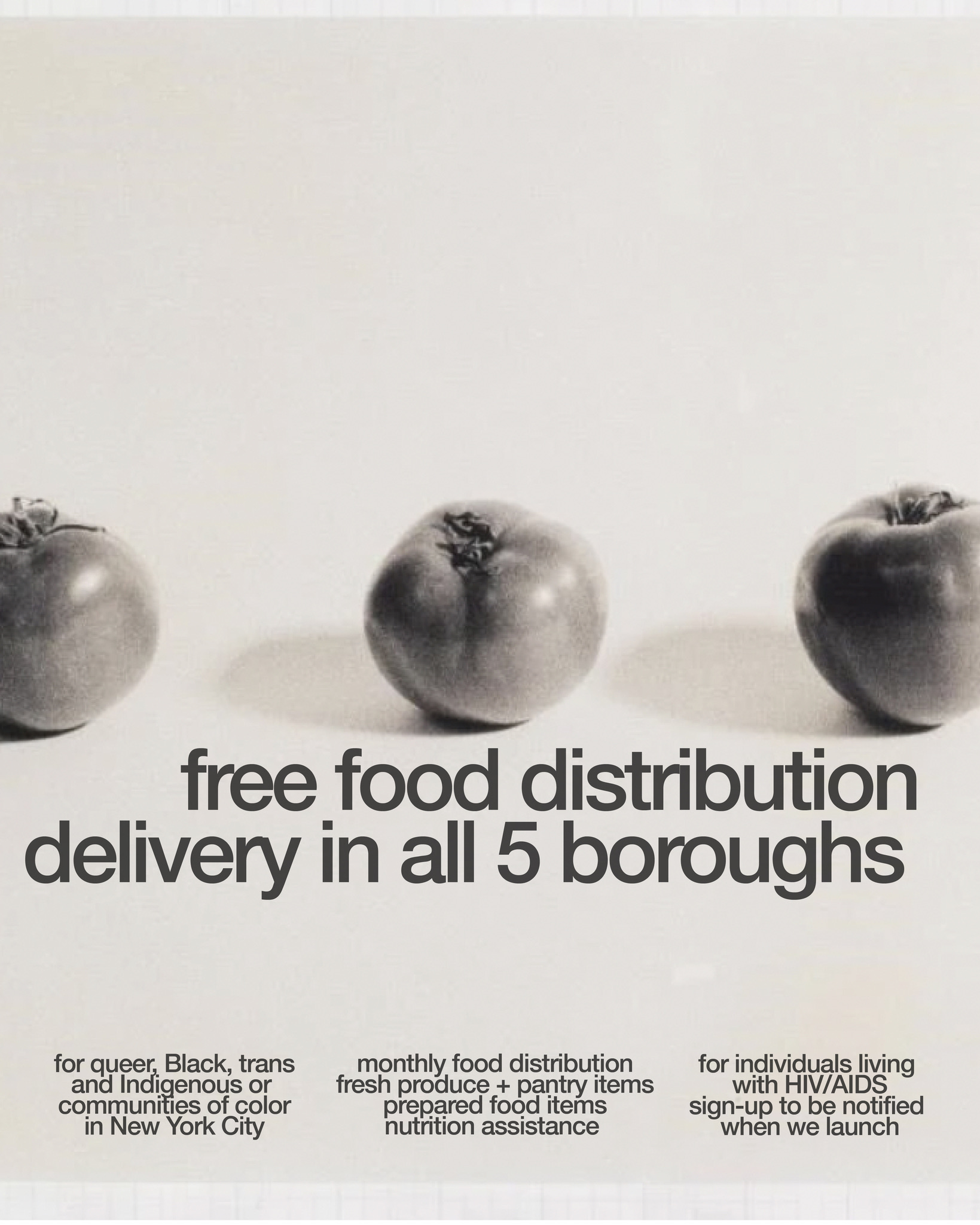
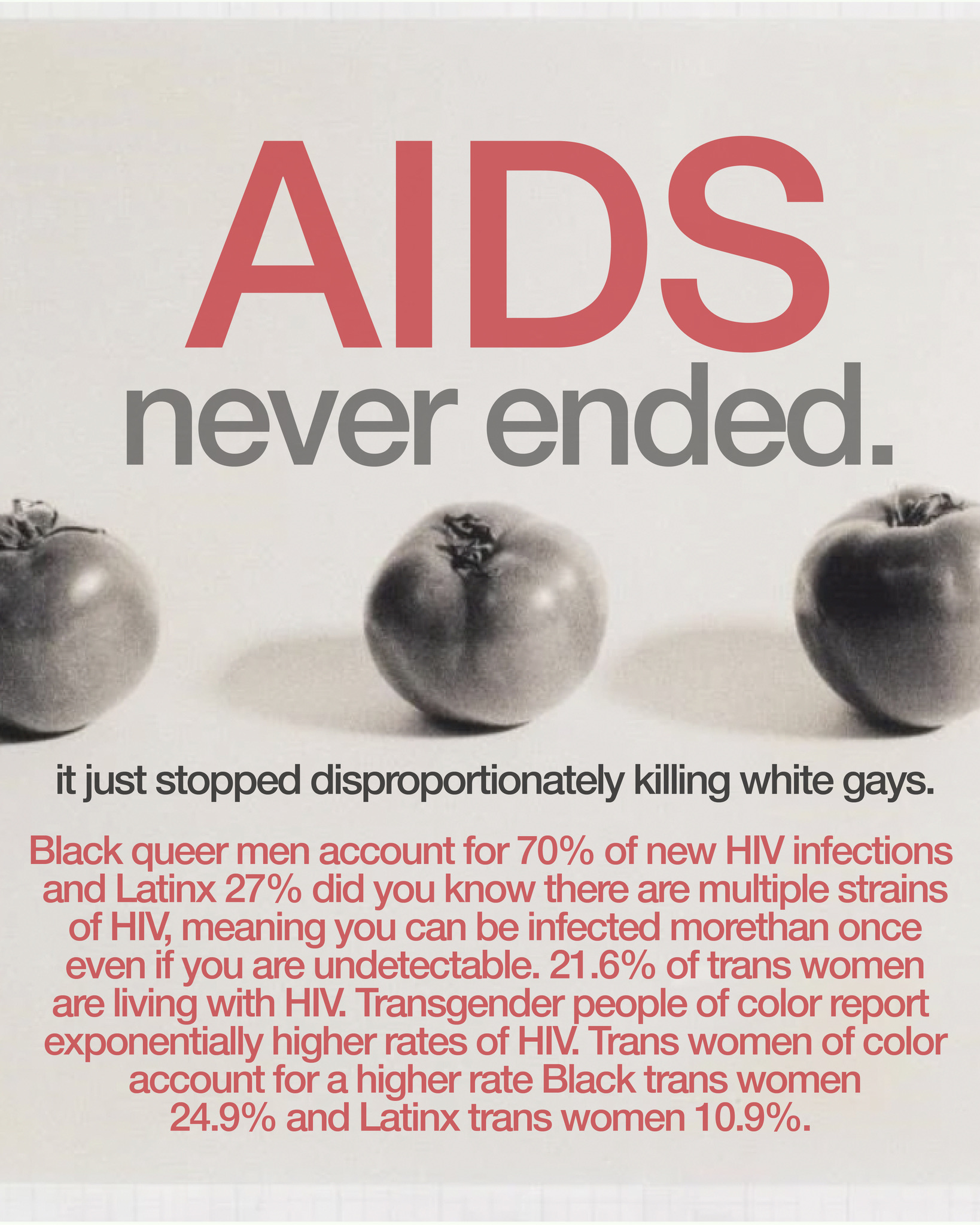
IL:
What is the meaning behind the name ediciones?
ZG:
ediciones originally went through a couple of different names, which centered around family, but it never felt one hundred percent right. I was trying to look at names that had double meanings. Because of the work that ediciones does as a creative studio with multiple projects, I wanted a name that would not be centered around any one type of creative work, I really wanted a name that reflected that. So first, it was “editions” and then “ediciones”. I wanted to basically reflect the serial nature of our projects and that all of our projects come from here. It ties back to ever evolving not in the sense of what’s next per say but more in the way of growth.
IL:
With your work, with food and design and art, it takes a specific energy and vision that doesn’t seem to fit into a 9-5 workflow. How have you been able to balance that and recenter yourself while making work that is meaningful to you?
ZG:
Working on all these projects is firstly one of love and yet it’s definitely not a 9-5 in any sense of that but that’s part of the joy. All that to say it’s been a big learning process. Over the past three years, I’ve really had some hard reminders of how I have to check myself when it comes to overworking. My personality, since I was really young, is that you have to work really really hard on whatever you’re doing. Whatever it takes, you have to do it, and you have to push. That’s something that the past year, specifically collaborating with more people for the first time in a more meaningful way that I have evaluated, “No, I’m not going to push anymore like that. It’s not beneficial to me.”
I’ve lived in New York for nearly 20 years, and this whole idea of grinding is definitely part of the fabric of living here culturally. You have to be out there, you have to be this, you have to be that. But, having cancer twice has really forced me in a meaningful way to be like “No you have to stop.” Seeing a lot of healthy work boundaries from other people that I work with is also inspirational.
This year, when my cancer came back in May and for the first time in my life (aside from when I was hospitalized), I had the opportunity to take a pause.,I put everything on a 90% hold from June through August. I’ve never done that before, but not only did it feel really good and restorative, but having an intentional time like that to be down and slower was such a big reminder to me that I don’t care about this false idea of success or destination—the end result. That pause is something I’d not have done without strong support of my chosen family and collaborators. It felt beautiful to be held like that in a time when I needed it. I was reading for pleasure, cooking for pleasure, biking to the beach as often as possible.
Unquestionably all of these projects mean a lot to me, but my identity is not the project, it’s gotta be bigger than that. My body or accepting my body in terms of health has also been part of finding balance and centeredness. With the health issues I’ve had, it’s definitely been a struggle to actually get my body to a place where it felt like it was actually healing. This summer was the first time the actual physical results of labs reinforced this idea that rest actually works! By the end of August my KS (Kaposi’s Sarcoma) went into remission. For the first time in three years my CD4 count improved drastically for the first time I had such an increase that I no longer had AIDS. That shook me. It also left me forever never going back.
My identity is not the project, it’s gotta be bigger than that
But yeah, balance-wise, at least once a week, I turn my phone off all day. And literally either resting or trying to do something in nature, not sure that always works but at least not sitting at home is important to me when I can. I need stimulation as part of my process, be that as simple as a walk or the library.. The month of September and most of October, my significant other and I would take one day a week and we would call it our “Manhattan Day” and we were just biking around the entire city like all over. It would be like today we are just biking around, we’ll bike to three or four parks and stop and throw out a blanket just read different books to each other and not be on our phones. Definitely got back into watching films again in the theater. I’ve had a lot of good times getting to exhibits lately around the city. We call it our flow day and we flow wherever and whenever we want to go. We both like being spontaneous.
IL:
What guides you on projects that you choose?
ZG:
The biggest guiding factor is what does the project do? How does it serve? What does it serve? What’s the intention? Will it help? Will it bring happiness?
It’s guided by the impetus to create something that becomes someone else’s or many people’s— it’s not something we own, it’s a manifestation to give back. ediciones was started to fill gaps that I saw. I felt like from my work in art and design that there was definitely a void that could be filled specifically from a queer lens. There’s definitely existing projects out there that I find exciting or inspirational from a queer perspective. Some publications that have come and gone that I have really loved. Though the gaps were obvious I kept wondering where are more queer spaces (specifically ones not can offer more) or representations, trans, and non-white, immigrant, HIV positive folks…
I have this tendency— it’s a strength and a weakness— to think really really big, in terms of projects. But, I like a challenge as well as knowing if it’s meant to be it will be not every idea I’ve come up with project wise is something I end up doing.
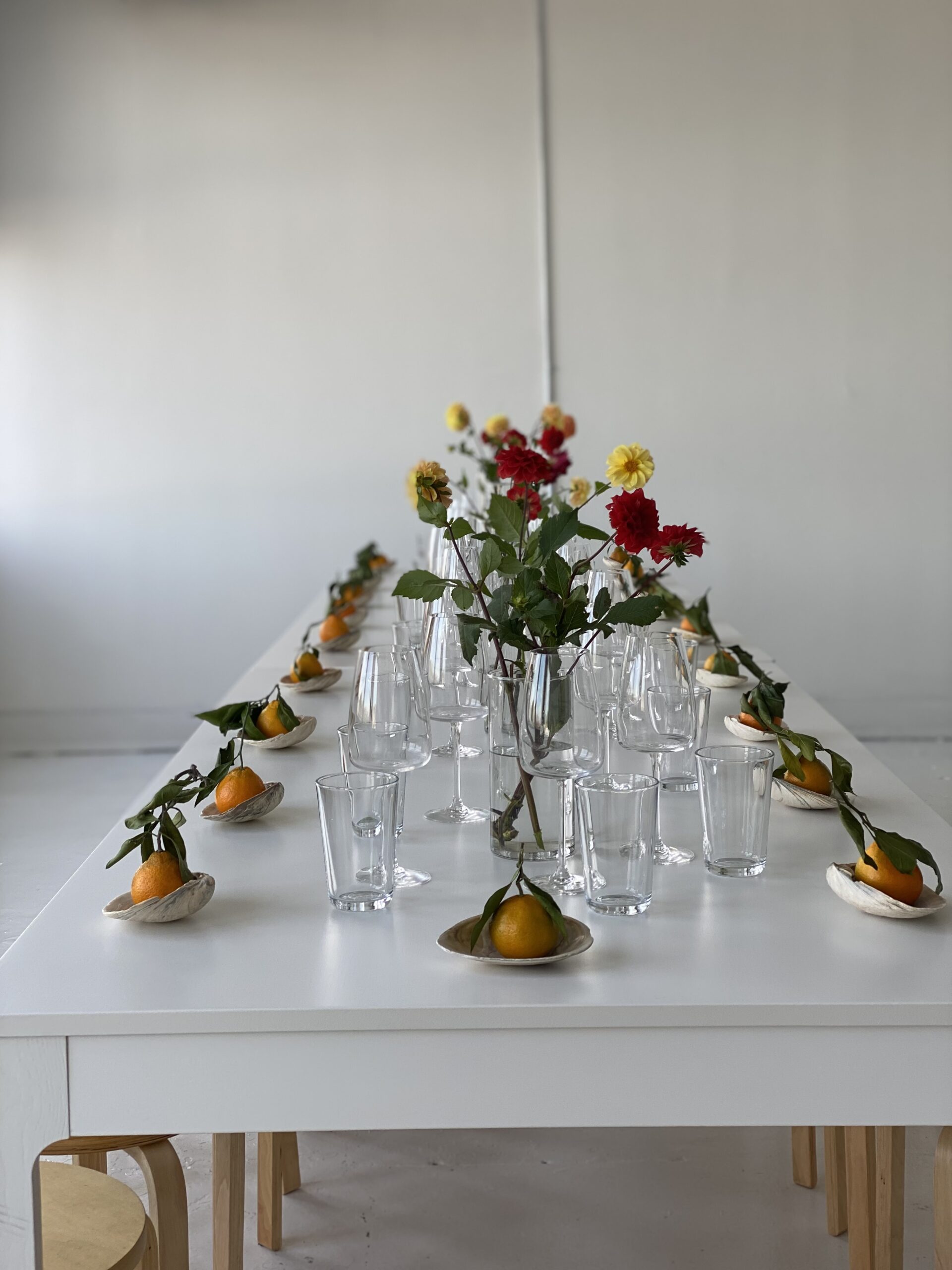
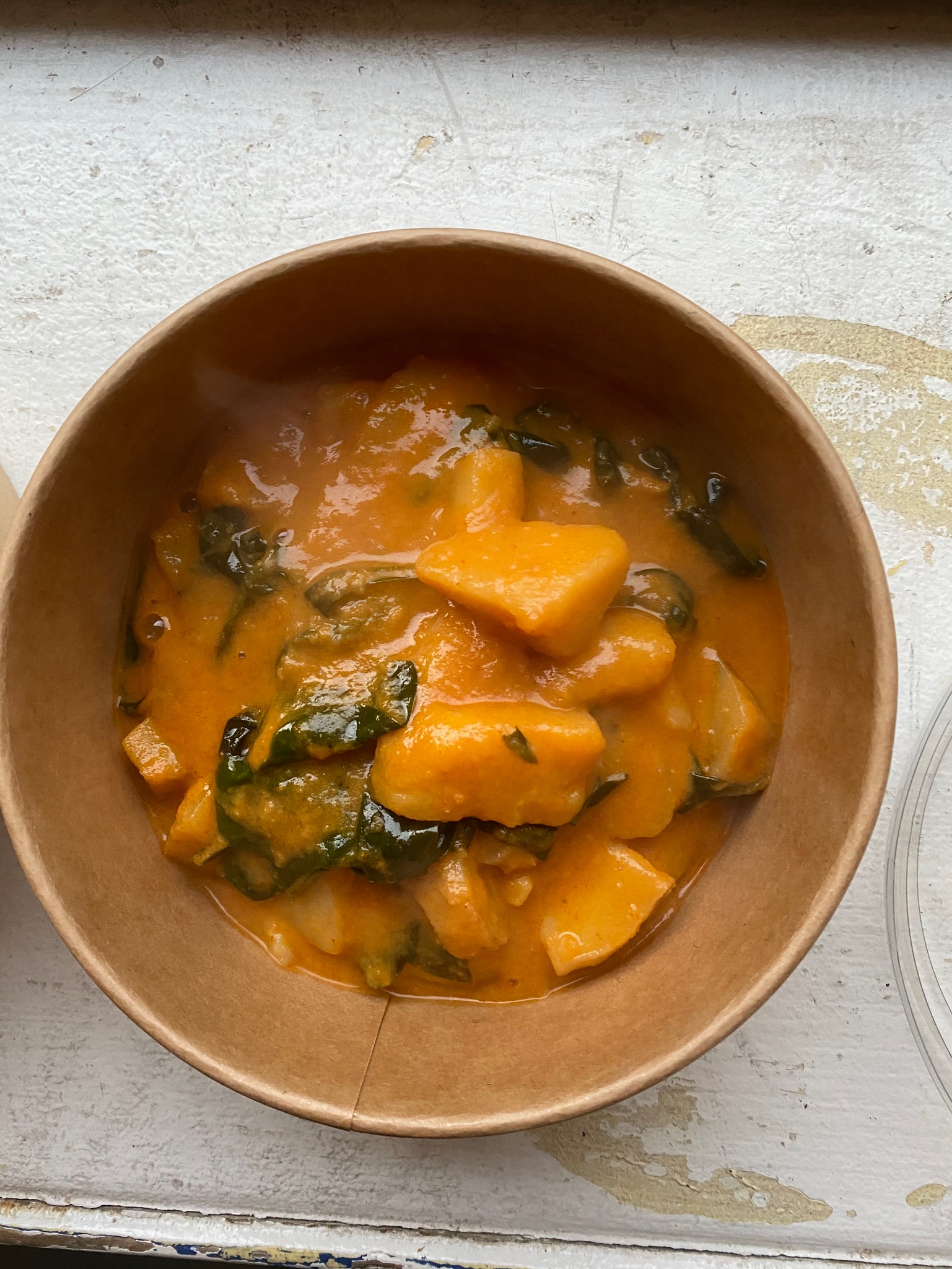
IL:
Could you talk about what kind of communities you are trying to build through your projects?
ZG:
Back to the gap point, a lot of people that I am close with that inspire me I feel like don’t get a lot of representation. Like a lot of queer, transfemme folks, Black folks, Indigenous and non-white folks in my community. There’s so much representation or access for gay, specifically white, cis men, be it in media or in physical spaces. But I was really trying to create work and projects that are centered around queer folks that are not on the binary as well as all of these other spectrums of otherness—e that I feel like doesn’t get to be a part of the conversation in a central way or gets tokenized a lot. So, that’s been a guiding thought for each of these projects: how can I use my privilege to create projects that others can also take up and run with.
For example, the whole thought process with Warm Cake started out as these series of interviews with people that I worked with and their food memories and how we ended up sharing space, and me being curious about things and being like “Oh I want to document this, I need to document this” and after four years being like oh I have so much content. The first whole issue is pretty much dedicated to these incredibly inspiring bakers and chefs that I’ve met, I’m just like nobody has done something that is dedicated to this. I wanted to center my friends, because while you get representation here and there you never get a whole publication.
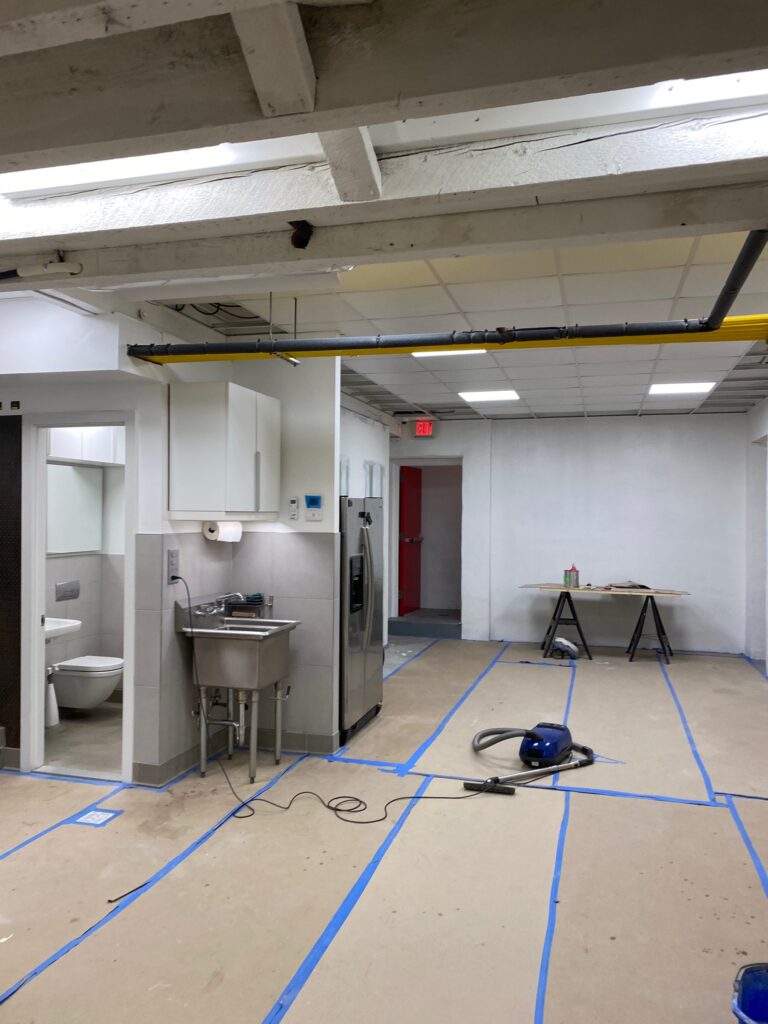
IL:
Through your work with Warm Cake you’ve worked toward archiving the food memories of your fellow peers. What are your personal earliest food memories?
ZG:
My earliest food memory that’s happy is Christmas. Growing up, my family was very poor, they had just immigrated here and were working very very low-income jobs. My mother cleaned houses and my father worked as a trash collector. But Christmas was the most abundant thing. My grandmother and all of my family would come together. There were just so many dishes that that was the only time that we would get that. So I grew up just loving Christmas not just because of gifts but literally because of the food, I would literally eat all day as much as I could because these foods only came once a year. It was just a crazy abundant table full of forty different dishes that consisted of a week full of work of cooking. And I thought it was just heaven, just the happiest I could be. The seafood dishes specifically were the most popular. It was the one time of the year that they would make these dishes that we would never eat on a regular basis. To put it in context, their food trauma of coming out of Cuba and scarcity there with food and our poverty our sort of weekly meals if there was a protein it was canned meat. Or just not good (sorry to my family I understand)… but Christmas had to be shrimp for me. That was my favorite thing I looked forward to all year and the desserts.
IL:
What kind of conversations do you see taking place surrounding the platforms you’ve created through ediciones?
ZG:
There are several. Through auxilio [we want conversation] to be around de-stigmatizing food, and acknowledging as a community that we not only deserve better nourishing food but that it’s a right, followed with more conversations around body image and our relationships to food as a queer community in terms of healing. A lot of conversations around inspiration which makes me happy. Auxilio is something I hope gets copied.
A lot of support it’s truly humbling and keeps me inspired by the multiple conversations I have with strangers that are following along these projects that lead to more sharing and generating more ideas.
